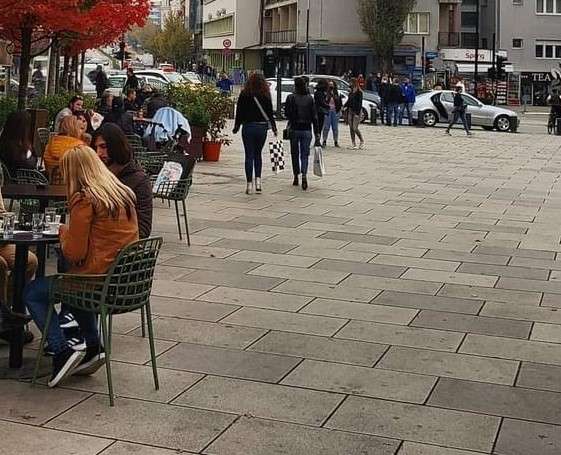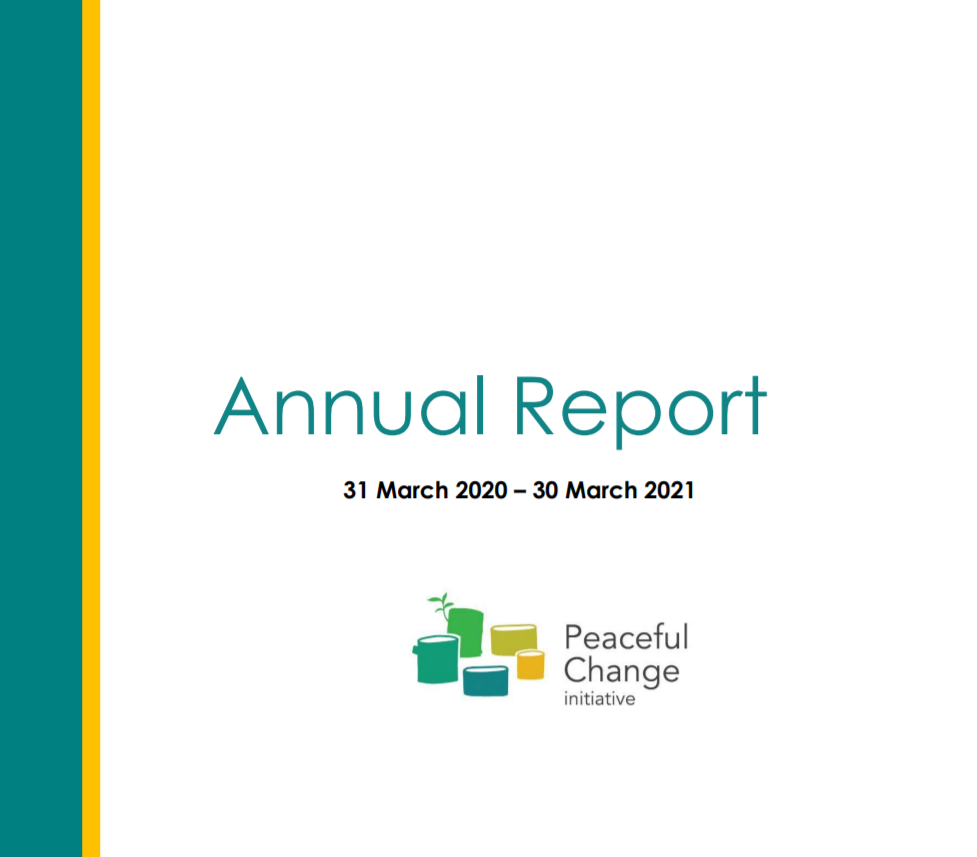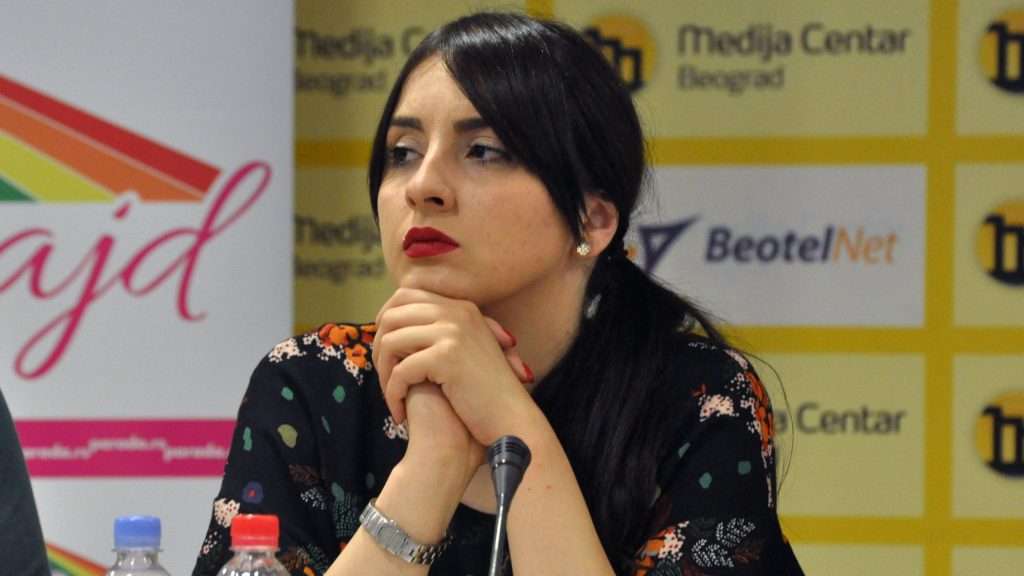On International Women’s Day, civil society from Kosovo and Serbia are united in their calls for more women’s voices to be heard in the normalisation process. The signatories also voiced their concerns about the failure to incorporate gender-specific considerations into the various dialogue agreements and, in particular, the Agreement on the path to normalisation between Kosovo and Serbia.
To mark International Women’s Day, this 8th March, we the undersigned call for more women’s voices to be involved in the process of normalising relations between Kosovo and Serbia.
UN Security Council Resolution 1325 specifically acknowledges the vital role that women play in the promotion of peace. Furthermore, Resolution 1325 also calls for the equal participation of women in peacebuilding processes.
A global study on UN Security Council Resolution 1325 found that the participation of women led to a 20% increase in the possibility of a peace agreement lasting two years, and a 35% increase in the possibility of it lasting fifteen years.
As such, we call for more meaningful participation of women in negotiations pertaining to relations between Belgrade and Pristina. In over a decade of talks pertaining to the Dialogue, very few women have been given an opportunity to engage in the process.
We are also concerned by a failure to incorporate gender-specific considerations into the various dialogue agreements and, in particular, the Agreement on the path to normalisation between Kosovo and Serbia. There is a need to better mainstream gender perspectives to ensure that each and every decision within the dialogue process takes into account the specific needs and concerns of women.
Women and women’s groups – whether from civil society, business, politics, academia, or elsewhere – bring particular skills and insights that benefit the overall peacebuilding process. Such voices are also vital for the long-term sustainability of any agreement reached between Serbia and Kosovo.
If women continue to be excluded from the process of normalisation, then it will be to the detriment of both Serbia and Kosovo, and indeed the expressed aims of the European Union and its member states.
Signatories
- AKTIV
- Belgrade Centre for Security Policy (BCSP)
- Center for Peace and Tolerance (CPT)
- Community Building Mitrovica (CBM)
- Centar for Democracy and Education – Valley
- European Fund for the Balkans
- European Movement in Serbia
- Foundation BFPE for a Responsible Society (BFPE)
- Human Rights Council – Bujanovac
- Dr. Jelena Lončar, Academic
- Kosovar Centre for Security Studies (KCSS)
- Lawyers’ Committee for Human Rights (YUCOM)
- Livrit Presevo
- Media Center Caglavica
- New Social initiative, Mitrovica (NSI)
- New Perspektiva
- NGO Be active 16
- Peer Educators Network (PEN)
- Radio Gorazdevac
- Radio Astra
- Radio Peja
- Rahim Salihi, Civil Society Activist, Bujanovac
- TV Prizreni
- Valon Arifi, Civil Society Activist
- Violeta Haxholli, Kosova Democratic Institute
- Voice of Roma, Ashkali and Egyptians
- Professor Vjollca Krasniqi, University of Prishtina
- Youth Initiative for Human Rights – Kosovo (YIHR KS)
- Youth Initiative for Human Rights – Serbia (YIHR Serbia)



